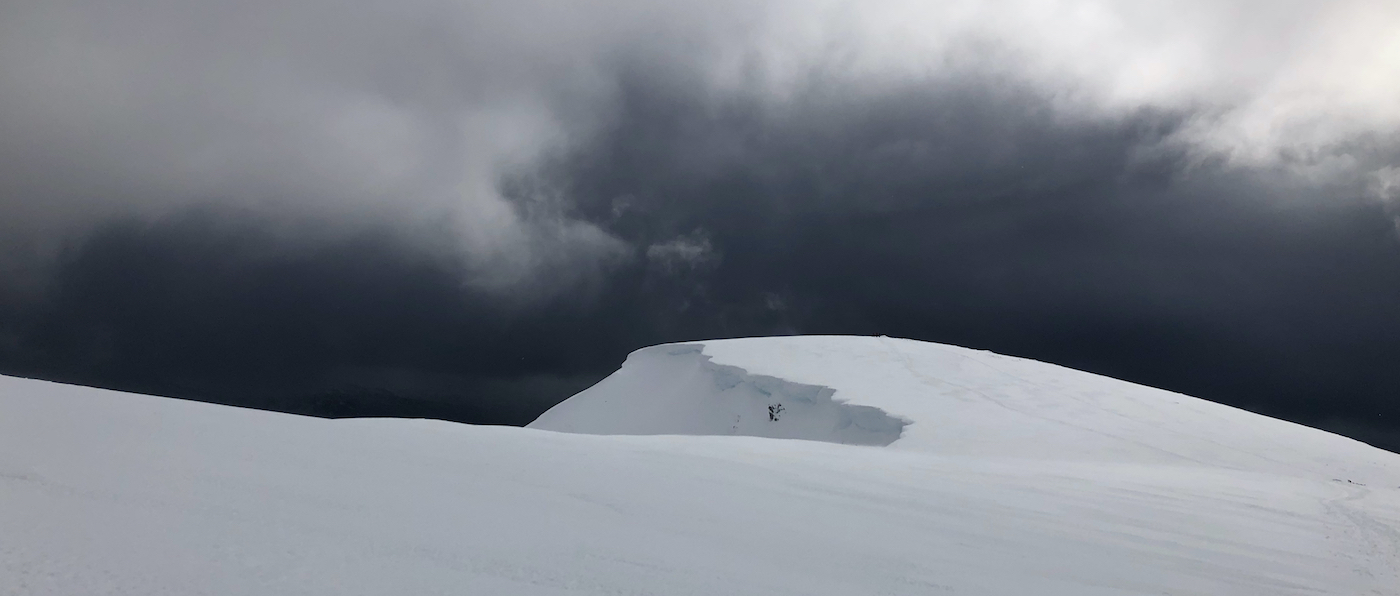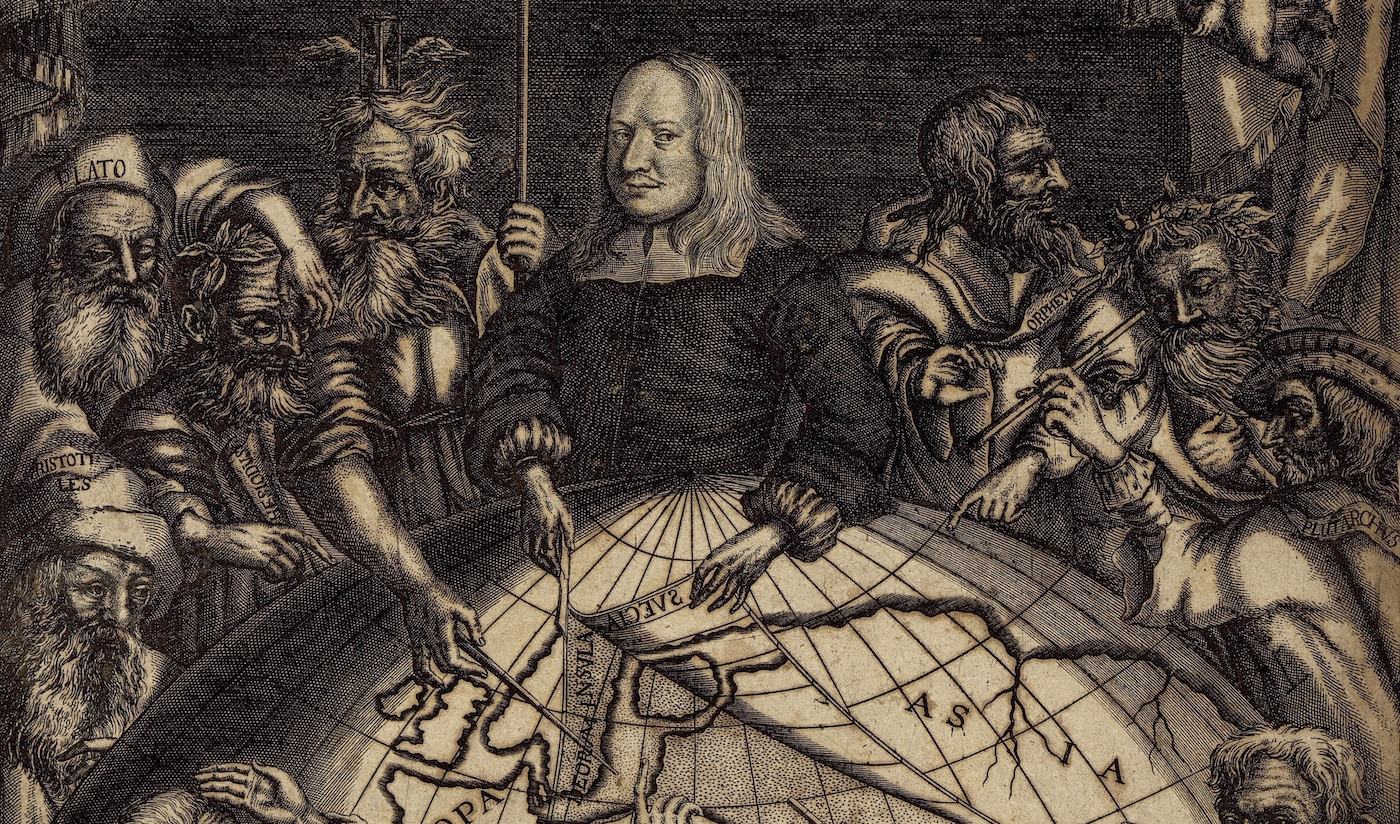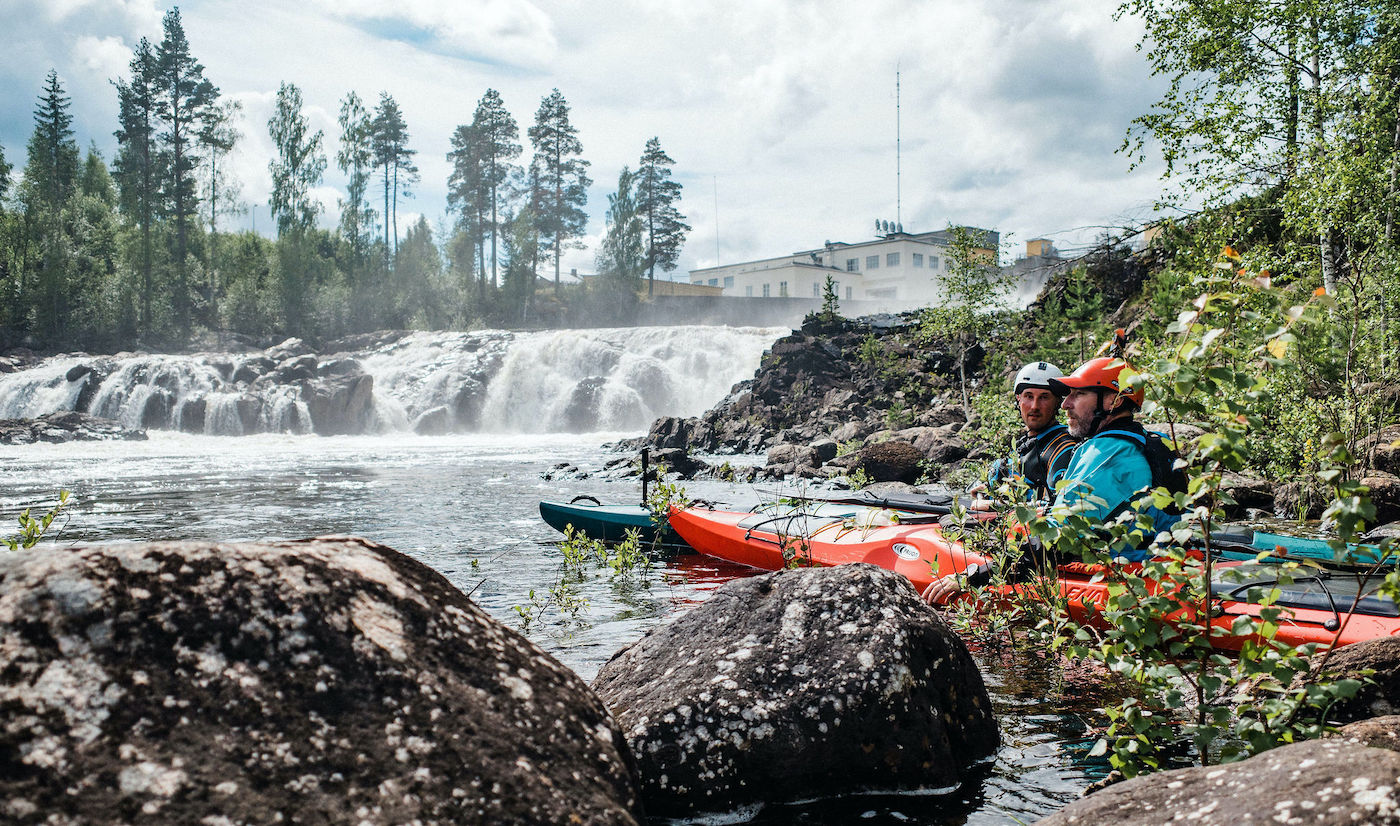Late on Earth
The world we know is coming to an end.
Within one generation, changes of mythical dimension have begun to unfold. Anxious and apathetic, we stand in a white noise of troubling images and alarming numbers.
Underneath there runs a sensation that we share yet hardly voice. Something that shakes the essence of who we are.
We don't know how to make sense of this.
From the earliest beginnings, the stories we tell have defined our place on earth. They inform how we connect with ourselves and the world around us.
By the 21st century, these narratives are losing ground. The world is becoming illegible to us.
In the ruins we've created, we clutch at stories we still remember – the ones that once made sense.
We don't know what will take their place.

Lands of myth
Frozen Atlantis is the outreach initiative of 'Reaching for Atlantis', a research project funded through the Freigeist scheme of the VolkswagenFoundation.
The project departs from one of the most spectacular attempts at (re)writing the story of our place on earth.
In the late seventeenth century, Swedish polymath Olof Rudbeck (1630–1702) presented Sweden as the origin of our oldest myths – the place where modern civilisation had begun.
In the four volumes of his Atlantica, Rudbeck identified his homeland as the site described by Greek and Roman writers as Atlantis, amongst many other names.
For him such myths of legendary places had sprung from more than the fantasy of poets. Not only had their stories been inspired by actual places – the sites they promised were still out there, to be experienced with all senses.
The Atlantica presented to the rest of Europe what Rudbeck had brought together in fieldwork and expeditions – glimpses into the true lands of myth.
Through hundreds of illustrations, Rudbeck's work unfolded a flattering account of the early history of the Swedish Empire.
The Atlantica created a world whose parts appeared in harmony with the oldest of our myths. The vision it conveyed had the power to change how people felt about the world at their doorstep.
At their foundation, Rudbeck argued, the ancient stories were anchored in the landscapes and nature of his home – a foundation that still felt stable in his time.
The land of Sweden itself is the foundation of my work – all its lakes, mountains, rivers, and the other things which designate our home, and which have been brought together by the most ancient writers – a foundation which will remain unchangeable and fixed until that stone from the book of Daniel, by which everything has been created, shatters and destroys them.

Frontispiece from Rudbeck, Atlantica, vol. of plates (see RfA-ID 1).
What we do
Frozen Atlantis deals with our need for stories in times of global crisis. In the age of the Anthropocene, we set out to lands once connected with ancient myth – lands whose face have changed over less than a century.
Based in the field of Public History, we believe that we have to venture beyond established forms of publishing to reach new audiences and make them care.
Frozen Atlantis practices science communication in 21st-century media. Located between the arts and academia, we aim at kindling deeper interest in topics that we curate with academic rigour.
This November, we are kicking off with a theatre play. Upcoming initiatives we pursue include a feature film, Instagram, a dedicated YouTube series, and illustrated long-reads.
Building a broad storytelling portfolio, our project brings together an international team who are passionate for what reconnects us with a world in rapid change.
Our mission is to contribute to rewriting the story of our place on earth – a story we have to create from what we leave behind.

Photograph by Darren Hamlin.
